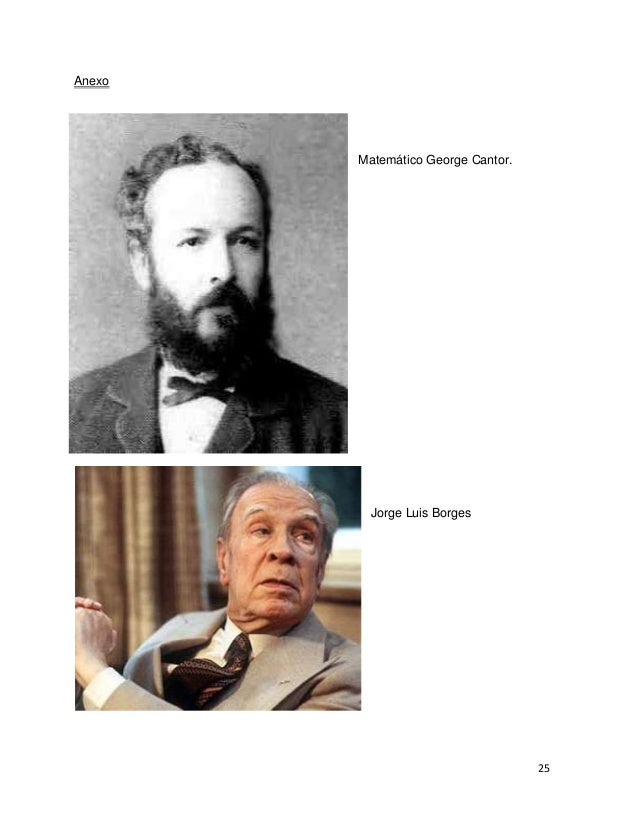
He moved away from the modernist tendency toward what he called "the baroque": Prose and poetry that has become so over-complicated as to be unreadable. This technique itself opens onto a philosophical discussion of the nature of reality in an age dominated by empiricism in science.Īs Borges grew older, his style became increasingly spare and realistic. His works have been included by critics in the category of "magical realism," which introduces some magical elements into an otherwise realist narrative.

This network of times which approached one another, forked, broke off, or were unaware of one another for centuries, embraces all possibilities of time."

In "The Garden of Forking Paths," Borges described "an infinite series of times, in a growing, dizzying net of divergent, convergent and parallel times. Anticipating quantum theory, Borges saw time as nonlineal, a labyrinthine, existential puzzle, and considered the search for meaning in an infinite universe as a largely fruitless exercise. Unlike many contemporary Latin American writers, Borges largely eschewed political statements in his fiction but was preoccupied with the baffling nature of existence. A contemporary of James Joyce, Ezra Pound, and Franz Kafka, whom he credited as an influence, Borges also explicitly noted his debt to the nineteenth-century American poet Walt Whitman. Borges' stories present relatively simple philosophical propositions or thought-experiments-What would it be like to be immortal? What would it be like if one could not forget anything?-and proceed through fantastic dream-like narratives.īorges drew from his extensive readings in literature, philosophy, and theology, but he was less concerned with the social and psychological anomie of modern life than were many modernist writers. Borges' reputation rests primarily on his complex and startlingly original short stories. Jorge Luis Borges (Aug– June 14, 1986) was an Argentine poet, essayist, and short-story writer who is considered one of the foremost figures in world literature of the twentieth century.


 0 kommentar(er)
0 kommentar(er)
